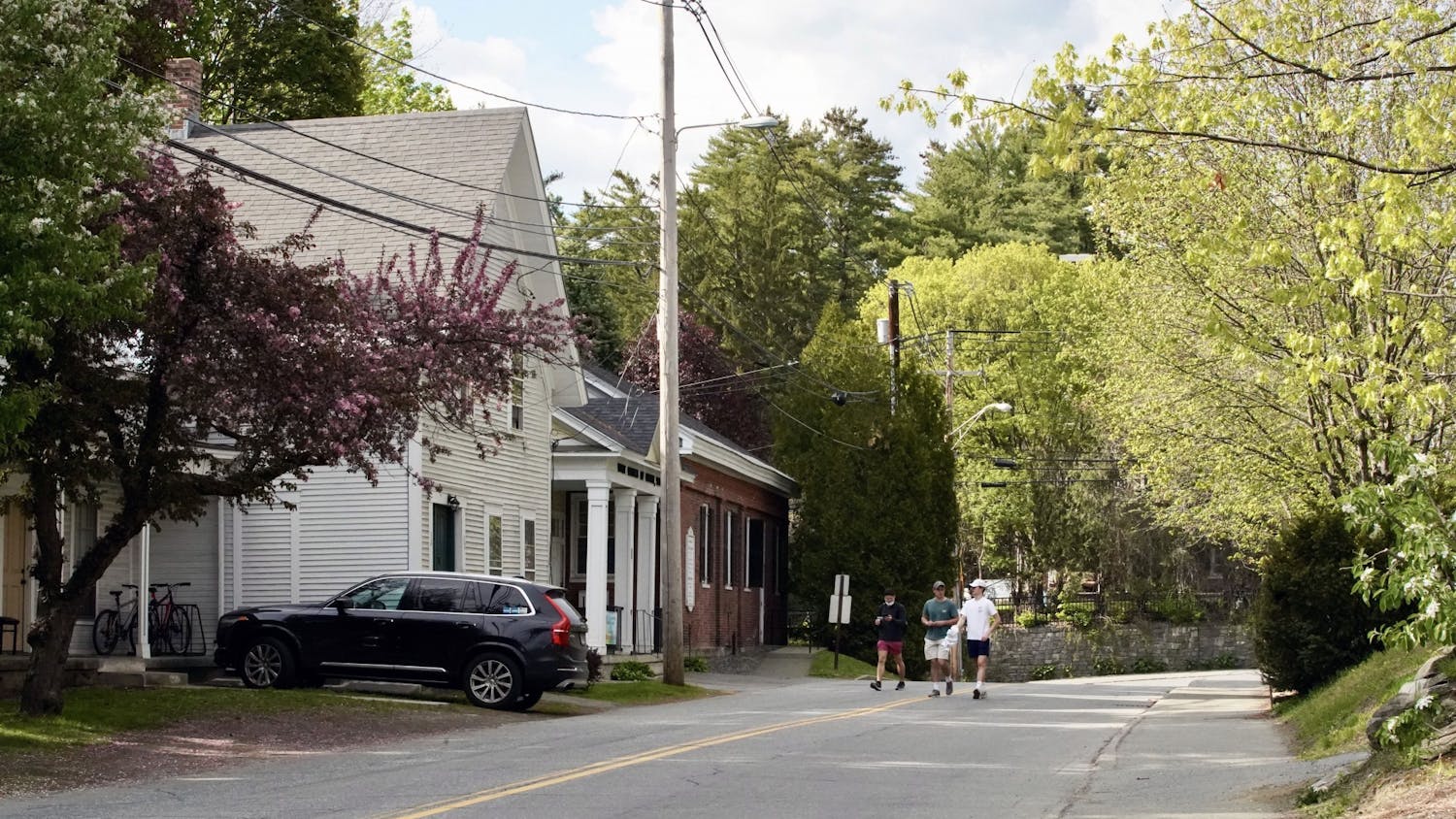Ever since Dartmouth decided to become a coeducational institution in 1972, providing on-campus housing options to all students enrolled in classes has proved challenging, if not impossible. While the College’s adoption of an academic calendar divided into quarters was supposed to ameliorate the housing “crunch” caused by admitting female students, it has been clear for years now that the D-Plan has not been a viable solution to the problem. Even in normal years, the College simply cannot accommodate every student’s desire to live on campus.
It comes as no surprise that the student body will be faced with especially limited on-campus housing options come fall — this will be the first “normal” term since the start of the pandemic and thus a term during which many students will presumably want to take classes. Of course, once students realize that they cannot live on campus in the fall — or secure a reasonably-priced off-campus alternative — it will be far too late. Although the College has neglected its obligation to build more residence halls on campus, or admit classes of sizes to which it can actually provide an on-campus experience, it is not too late to prevent vulnerable student groups from — yet again — bearing the brunt of this next iteration of the housing crisis.
As the light at the end of the tunnel that has been the COVID-19 pandemic grows brighter, the College has communicated its intentions to return to “normal operations” for the fall term. One might imagine that the reintroduction of in-person classes for undergraduate students will entice students who have been pursuing professional and social opportunities off campus to return to Hanover. In fact, the College has already stated that the upcoming summer term will see an additional 30% to 40% students in residence — more evidence that students will be eager to return to a “more traditional academic experience.” Because students will lose the ability to enroll in classes from home (or anywhere else for that matter), students will have to find a way to be present in Hanover. What’s more, students without cars or the ability to drive will struggle to use public transportation to get to campus from towns like Quechee, Vermont (where many are trying to house themselves).
While the College does not have an obligation to house every single undergraduate student on campus, assuming that off-campus options are accessible for those who seek them, recent developments suggest that the off-campus housing situation will be just as “tight” as the on-campus one. Members of the Classes of 2022 and 2023, in particular, will likely be forced to compete against one another for overpriced rentals in the surrounding area just so they can have the privilege of continuing their education.
Ultimately, the College’s housing dilemma cannot be separated from the broader issue of socioeconomic inequality. While many Dartmouth students come from wealthy families and will be able to shell out thousands of dollars for sublets in the fall — just as they have been able to pay for the most desirable off-campus housing options for years now — students on financial aid simply do not have that luxury. This is not unlike the dynamic faced by students when it comes to securing homes within walking distance of the College — leases for such homes can be nabbed years in advance. There is no reason why students from less affluent backgrounds should not be prioritized for on-campus housing in the likely event that many students’ requests for on-campus housing in the fall are rejected. It seems to me that this is yet another example of a crisis — like the pandemic — disproportionately harming groups of students who lack the means to weather it.
Consider also how disabled students, many of whom may find it difficult to secure appropriate off-campus housing options on their own, stand to lose in this current, deteriorating housing climate. Any sense of community that might be enjoyed as a result of living in the company of other students from marginalized groups vanishes with the prospect of being forced to negotiate accessibility accommodations, in addition to reasonable rent prices, with landlords.
While it remains the case that the College could have acted years, if not decades, earlier to avert a housing disaster such as the one that is now on the horizon, concerned members of the Dartmouth community need not stand on the sidelines. The College’s proposed housing waitlist for students not guaranteed on-campus housing in the fall is totally unacceptable. If the College were truly interested in creating a community that transcends socioeconomic divisions and fully includes students of historically marginalized groups, it would offer clarity and certainty now — not sometime over the summer.
Make it clear that students from less affluent backgrounds will not need to compete with the sons and daughters of wealthy executives for living spaces that are reasonably close to campus. Ensure that students on financial aid who are not guaranteed on-campus housing know that the inflated cost of their off-campus housing will be covered. As far as I am concerned, the College’s decision to either offer certainty to students or not based on their year — the Classes of 2024 and 2025 will be guaranteed housing this fall, while other classes will not be — does not represent an unbiased approach to the problem. It ignores the struggles that fall unevenly on students based on socioeconomic status.
The on-campus housing situation in the fall will no doubt be dire: Many students who will want to be on campus will simply be unable to live on campus because of an insufficient number of rooms and beds. That said, the College has a responsibility to do right by its most vulnerable student populations — including students of lower socioeconomic status, disabled students and students from abusive home environments — by working toward an outcome in which their concerns are recognized as legitimate and are addressed accordingly.



